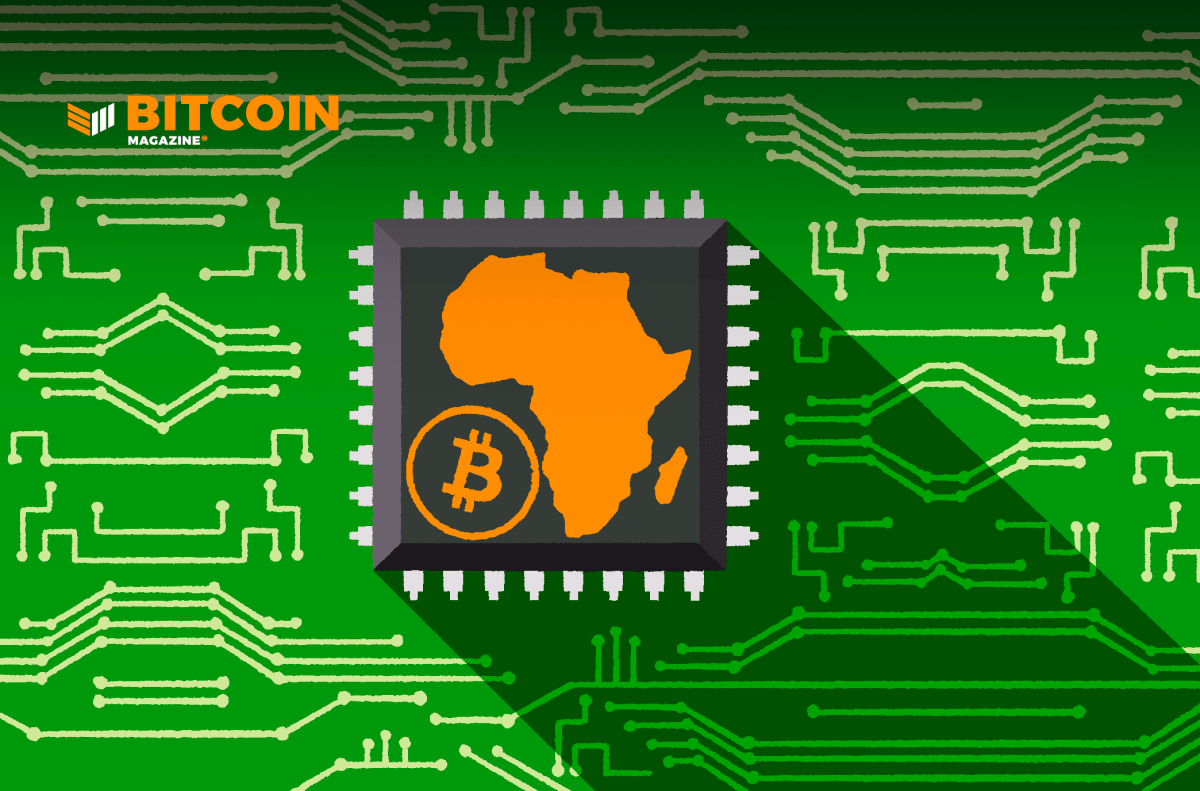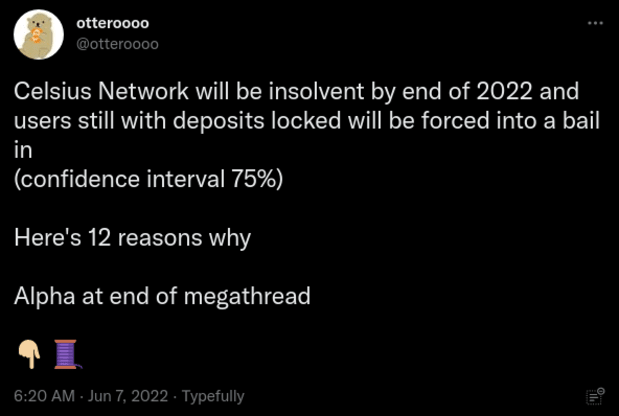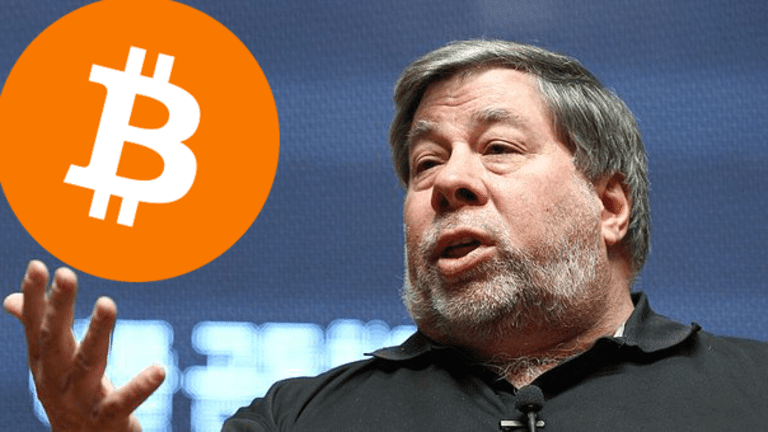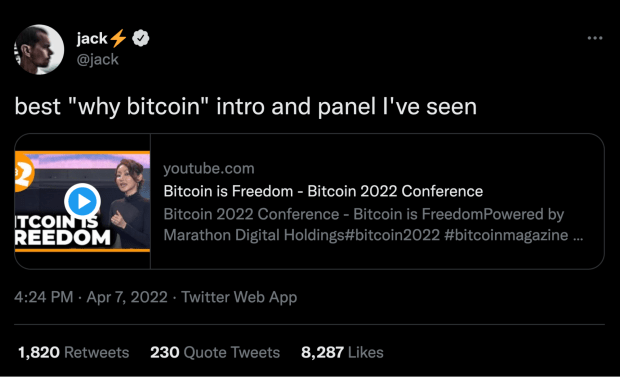Petrodollar Deep Dive With Alex Gladstein
Alex Gladstein joined “Fed Watch” to discuss his recent article about the petrodollar and lessons for Bitcoin’s growing monetary role.
Watch This Episode On YouTube
Listen To This Episode:
- Apple
- Spotify
- Libsyn
- Overcast
In this episode of Bitcoin Magazine’s “Fed Watch” podcast, hosts Christian Keroles and Ansel Lindner sat down with Alex Gladstein, chief strategy officer at the Human Rights Foundation. They dove deeply into the petrodollar, its history, implications for the future and lessons that we can apply to thinking about bitcoin’s growing role in the global financial system. Read Gladstein’s great petrodollar post on Bitcoin Magazine, “Uncovering The Hidden Costs Of The Petrodollar.”
The petrodollar reentered the alternative financial discussion in 2003 with the invasion of Iraq. We were told the invasion was due to the presence of weapons of mass destruction (WMDs) and the funding of terrorism by Saddam Hussein. However, as it turned out, Hussein was also beginning to sell oil for euros. That was a major break of international protocol, since the U.S.-Saudi oil deal in 1974, where oil was to be priced in and sold for dollars.
This special U.S.-Saudi relationship became known as the petrodollar and replaced the gold dollar, which was ended a few years before in 1971 by President Nixon.
There is so much to unpack about this event and the era in which it happened. Gladstein walked through some of the basics also found in his piece, and then the hosts started to ask some more systemic questions. Instead of rehashing all the details, they focused on broad macroeconomic effects.
Of course, they covered the many negative impacts of the petrodollar system mainly through U.S. military involvement to maintain the agreement, but people rarely stop to think about it from a monetary angle. A single currency is extremely efficient for global trade, it is also extremely beneficial to emerging markets to be able to borrow in U.S. dollars which the international system can print.
Gladstein dug into some of those negatives and the hosts pushed back slightly, saying it wasn’t all negative. One question you won’t hear anywhere else is when Lindner asked about the very real threat at the time, in 1974, of the Soviets signing a similar deal with Saudi instead of the Americans. Saudi did not like the U.S. at all, a deal with the Soviets was more obvious. All of the evils of the petrodollar would have been magnified if the communists, who killed millions of their own people, would have been able to set up a “petro-ruble.” You have to listen to hear Gladstein’s response to that one.









